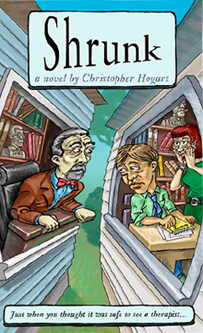How helpful are psychiatric diagnoses and the treatments they dictate to real people in their real lives? How much do they help us in our love and work?
A degree of skepticism is in order regarding psychiatry’s diagnoses and grasp of human nature. Articles raising this concern have appeared in the NY Times: See Nugent’s “I had Asperger Syndrome – Briefly” (January 31, 2012); Wallis’s “On Aspergers, A Vanishing Diagnosis” (November 2, 2009); and Louis Menand’s piece in the New Yorker, “Head Case – Can Psychiatry Be A Science” (March 1, 2010). In “The reliability of Psychiatric Diagnosis” by Phillip Ash, fifty-two mental patients were examined by three well-known psychiatrists, all three psychiatrists reached the same diagnosis only 20% of the time, and two were in agreement less than half the time.
Are diagnosis, treatment, cure, and life itself confused in the way psychiatry thinks about them? Treatments aren’t always cures. Can diagnoses reduce us from whole human beings to “target symptoms?” What’sgoing on inside us, the workings of the heart and mind, are not an exact science. Science helps, but attempts to make our limited understanding more than it is can lead to pseudo science. Still, our inner lives are worlds worth exploring – an exploration that never loses its value. The means of exploration include not just science, but talk, essays, poetry, novels . . . or you could just read Shrunk.
